Cheongju, Sept 29 (V7N) – Women leaders from around the globe, many representing nations scarred by war and conflict, gathered in Korea to advance dialogue on peacebuilding. The International Women’s Peace Group (IWPG), led by Chairwoman Na Yeong Jeon, hosted the 2025 International Women’s Peace Conference on September 19 at Enford Hotel in Cheongju, Chungcheongbuk-do Province.
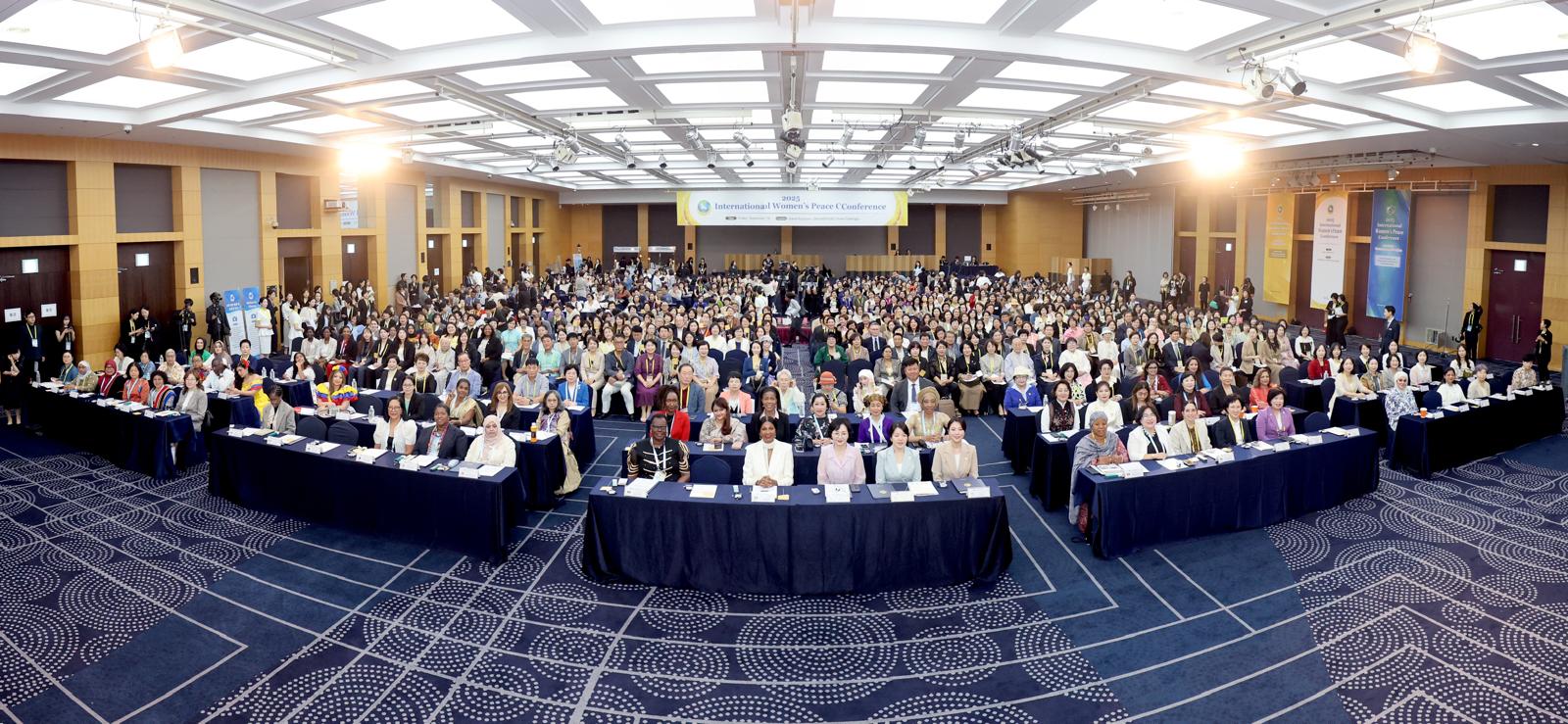
Under the theme “Beyond Conflict: Women’s Peace Leadership toward Hope and Recovery,” the conference welcomed 800 participants from Korea and overseas. Among the high-profile speakers were H.E. Bouaré Bintou Founé Samaké, former Minister for the Promotion of Women, Children and Family of Mali; Dr. Faiza Abdulraqeb Sallam, Undersecretary of the Ministry of Culture of Yemen; and Hon. Aisha Al-Mahdi Shalabi, Member of the National Assembly of Libya.
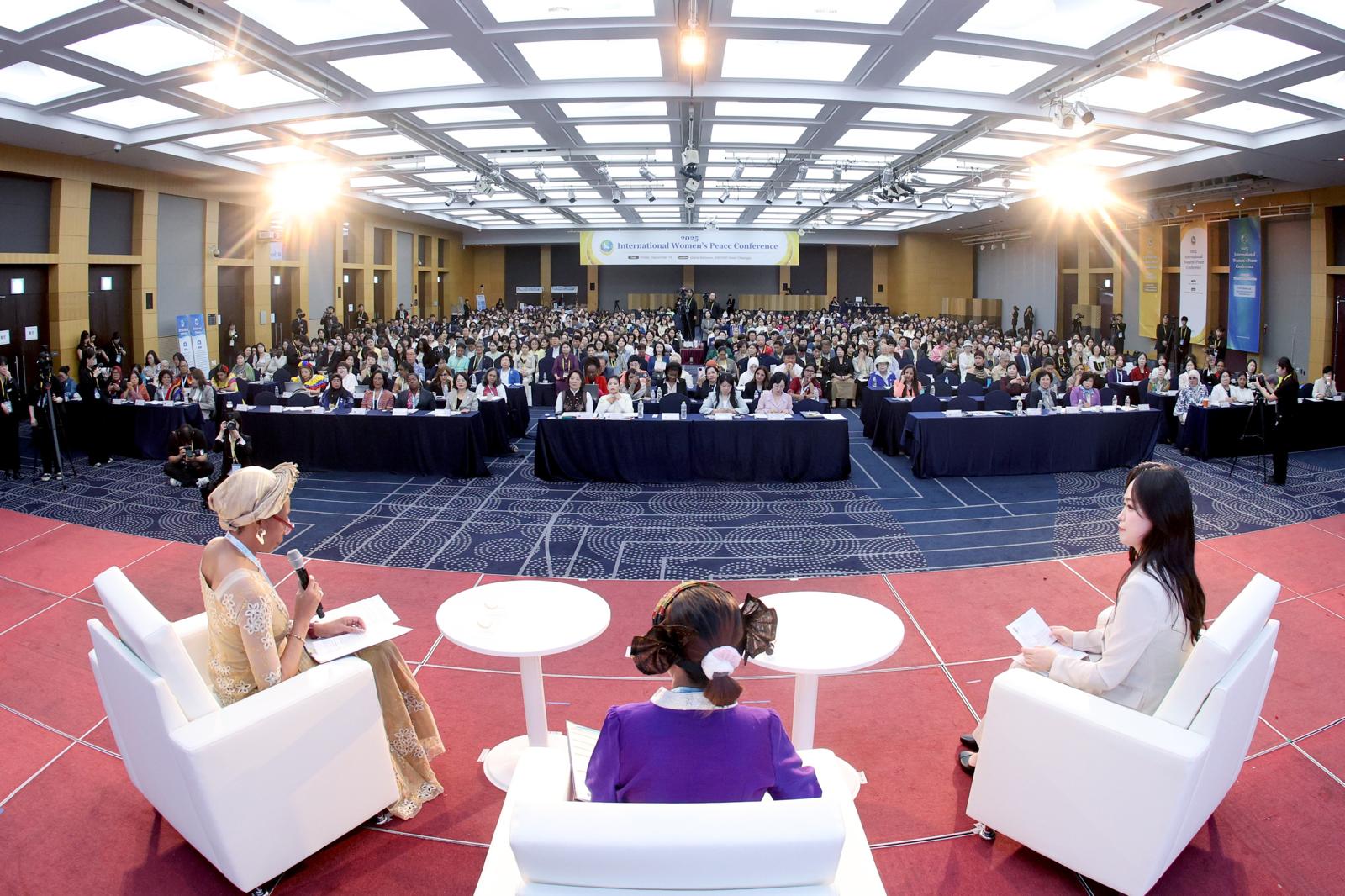
The first session highlighted the voices of women leaders from conflict zones. Hon. Aisha Al-Mahdi Shalabi of Libya delivered a keynote speech titled “The Meaning of Peace in an Era of War,” stressing women’s capacity to create opportunities for resilience and recovery. H.E. Bouaré Bintou Founé Samaké of Mali underscored that women are not merely victims but central figures in rebuilding nations. Mrs. Kim Simplis Barrow, former First Lady of Belize, emphasized inclusive female leadership as a model for global peace. Dr. Amrita Kapur, Secretary General of the Women’s International League for Peace and Freedom (WILPF), shared insights on institutionalizing peace through UN Security Council Resolution 1325 and the Women, Peace and Security agenda.
The second session showcased grassroots models of women-led peacebuilding. Hon. Maria Theresa Timbol of the Philippines discussed transforming Mindanao into a region of peace, while Mrs. Boojoo Lakshm, Advisor on Gender Issues at Mongolia’s Ministry of Environment and Climate Change, highlighted feminist foreign policy as a pathway to expand peace and human rights. Ruth A. Richardson, Secretary General of the International Network of Liberal Women, explained how women’s participation in global challenges like climate change and water security can foster sustainable policies.
Institutionalization and education were also key themes. Ms. Mampurane Caron Kgomo from South Africa’s Department of International Relations and Cooperation stressed women’s role in embedding peace through the Declaration of Peace and Cessation of War (DPCW). Ms. Lee Hae-ryoung of IWPG and the North Korean Defectors’ Hope Club addressed women’s contributions to peace on the Korean Peninsula.
Peace education strategies were presented in the afternoon session. H.E. Nasseneba Touré Diané, Minister of Women, Family and Children of Côte d’Ivoire, shared how IWPG’s peace education programs were adopted nationally. Dr. Faiza Abdulraqeb Sallam of Yemen emphasized its importance in conflict zones, while Mrs. Lkhagvasuren Nyamtsetse of the Mongolian Armed Forces highlighted introducing peace education within the military.
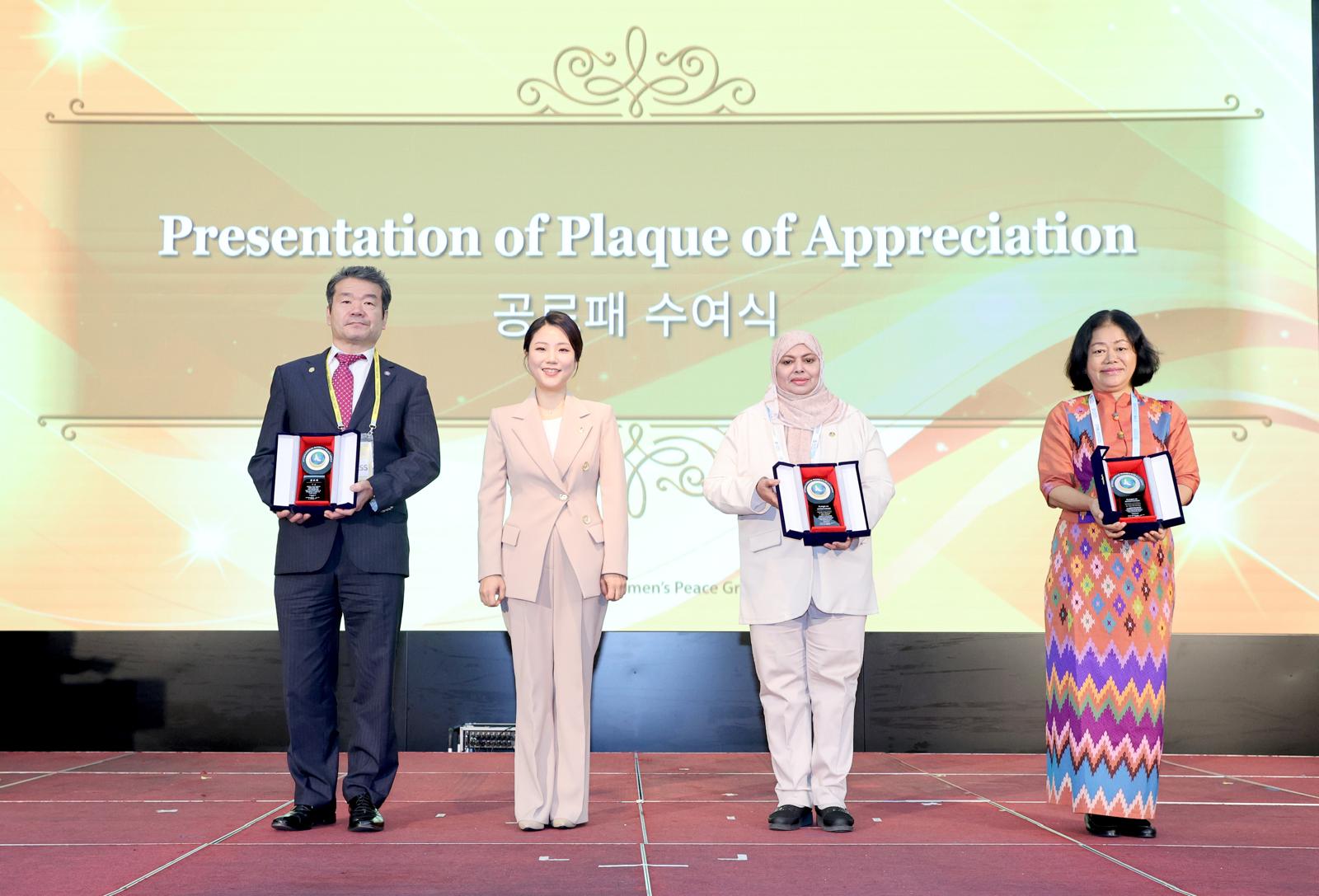
Following the conference, the Peace Family Workshop convened at Uam Hall, Enford Hotel, bringing together 90 IWPG members from Korea and abroad. Delegates, including representatives from Myanmar, Mongolia, and Latin America, exchanged experiences and developed action plans for sustainable women’s peace leadership.
Side events enriched the program. On September 17, the final round of the 7th International Loving-Peace Art Competition was judged by artists from the Czech Republic, India, and Korea. On September 18, the Peace Culture Lounge introduced foreign participants to traditional Korean culture, including salt art and Korean calligraphy.
Chairwoman Na Yeong Jeon noted, “This event unites women worldwide who continue striving for peace despite conflict and war. It serves as a meaningful platform to explore practical strategies for sustainable peace.”
The conference was interpreted into six languages—English, Korean, French, Spanish, Arabic, and Mongolian—and livestreamed in Japanese and Czech.
END/PR/SMA/



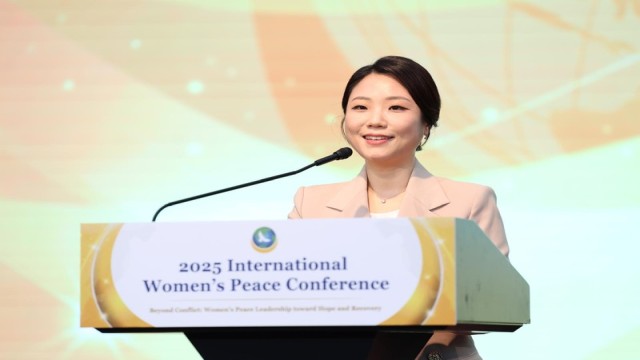


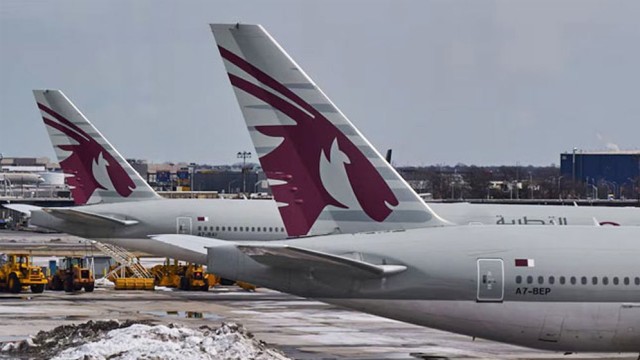
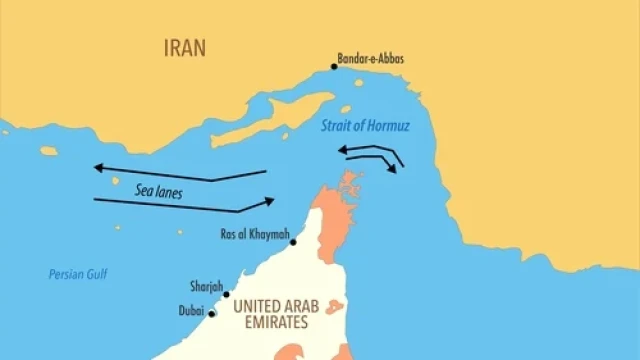


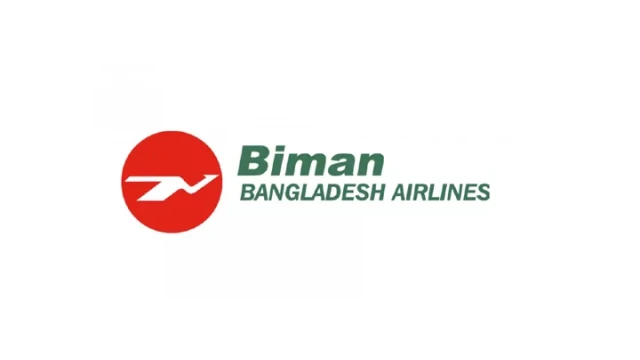
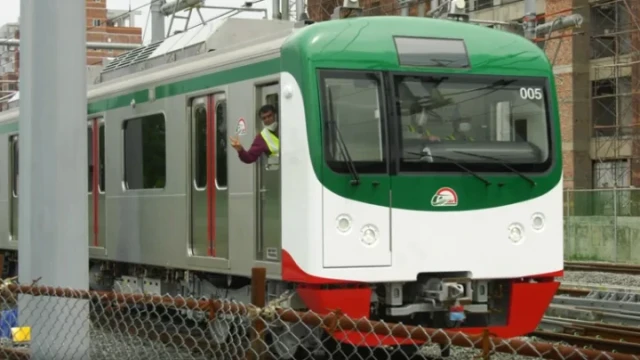
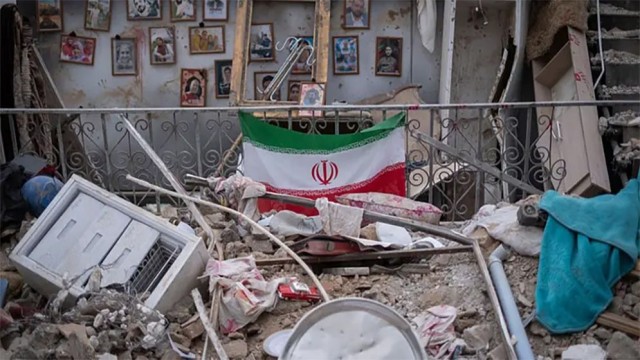
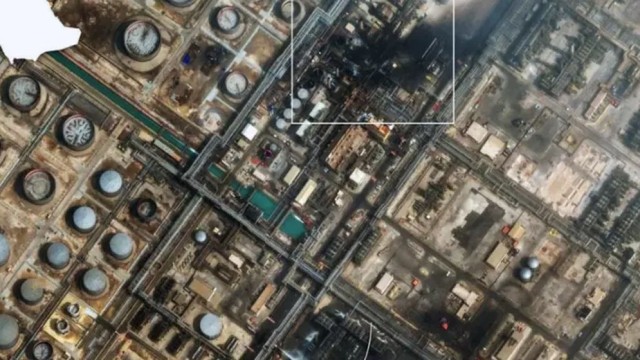
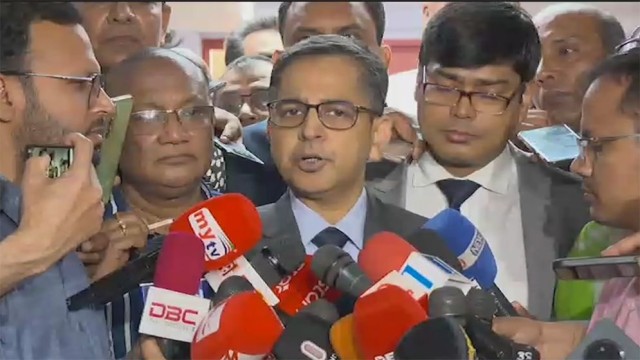
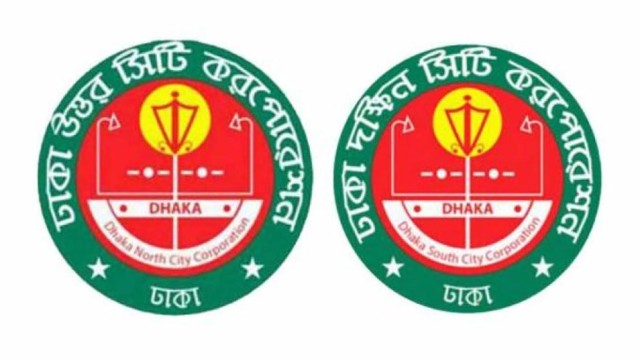
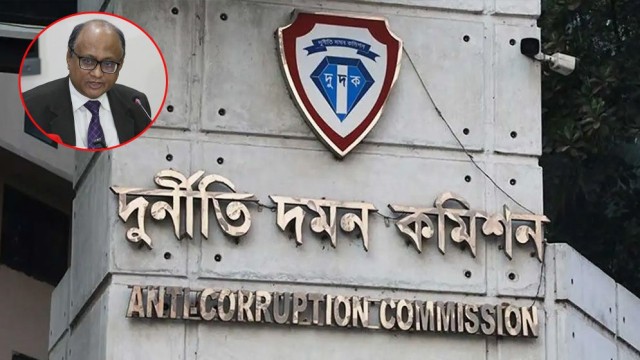
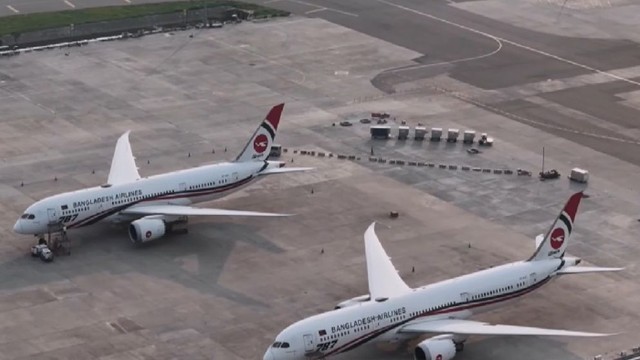











Comment: